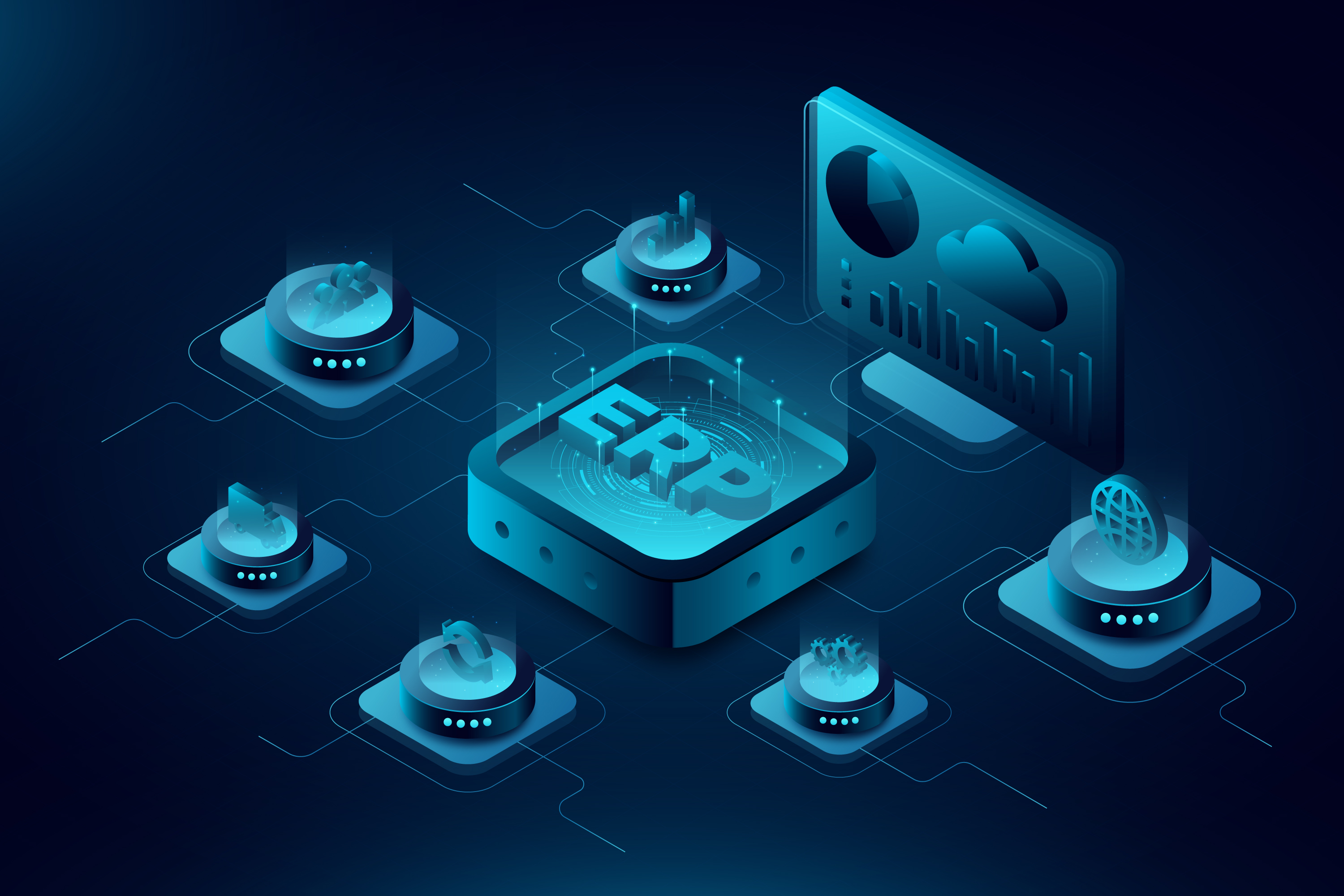An ERP (Enterprise Resource Planning) developer is a professional who specializes in designing, developing, implementing, and maintaining ERP systems. ERP systems are comprehensive software solutions that integrate and streamline various business processes and functions within an organization. The goal is to improve efficiency, enhance collaboration, and provide a centralized platform for managing key business activities.
Here are key aspects of an ERP developer's role:
System Design and Development:
ERP developers design and develop software solutions that address the specific needs and requirements of an organization. This involves creating modules for different business processes such as finance, human resources, supply chain, and customer relationship management.
Customization and Configuration:
ERP systems are often tailored to meet the unique needs of each organization. ERP developers configure and customize the software to align with the specific workflows, business rules, and data structures of the client.
Integration with Existing Systems:
ERP systems need to seamlessly integrate with existing software applications and databases within the organization. ERP developers ensure smooth data flow between different modules and external systems.
Database Management:
ERP systems typically rely on robust databases to store and retrieve data. ERP developers are proficient in database management systems (DBMS) and ensure efficient data storage, retrieval, and manipulation.
User Interface Design:
Creating user-friendly interfaces is crucial for the adoption and usability of ERP systems. ERP developers design interfaces that enable users to interact with the system intuitively and efficiently.
Security Implementation:
Security is a top priority in ERP development. ERP developers implement robust security measures to protect sensitive business data, ensuring that access is restricted to authorized personnel.
Testing and Quality Assurance:
ERP developers conduct thorough testing of the system to identify and address any bugs, errors, or issues. Quality assurance is essential to deliver a reliable and stable ERP solution.
Deployment and Training:
Once the ERP system is developed and tested, ERP developers assist in the deployment process, ensuring a smooth transition. They may also provide training to end-users and administrators to maximize the system's benefits.
Continuous Maintenance and Support:
ERP systems require ongoing maintenance and support. ERP developers address issues, implement updates, and provide technical assistance to ensure the system's continuous functionality.
Staying Informed About Industry Trends:
ERP developers stay informed about the latest industry trends, technologies, and best practices to incorporate relevant advancements into their ERP solutions.

